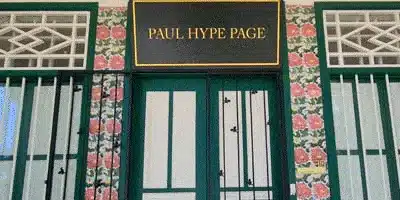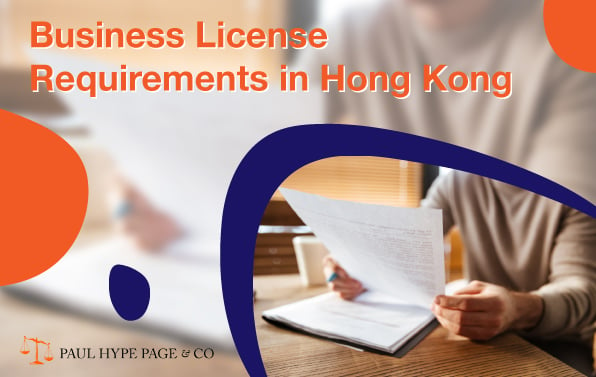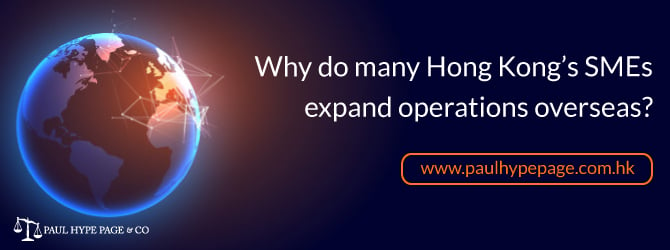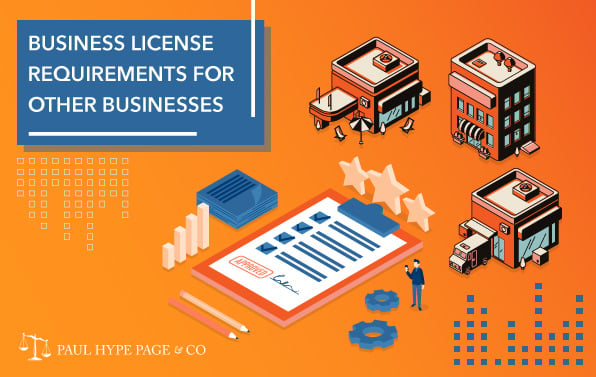Hong Kong is one of the free ports that does not have many import export restrictions. Any individual or company in Hong Kong is permitted to carry out the importation and exportation of goods or commodities. The companies that are set up by the mainland enterprise in Hong Kong also have the same rights. However, they should first comply with some laid down standards and procedures for doing so.
Certificate of Origin
The origin certification in Hong Kong is beneficial in facilitating exportation in Hong Kong. The system helps establish the origin of Hong Kong exports to meet the requirements of overseas importation authorities. It is a requirement that any product that is manufactured, processed, or produced within the territories of Hong Kong be authorized by the Director-General of Trade by issuing of certification as regulated by the Import and Export Ordinance (Cap.60). Shipping companies, airlines, and transportation providers must deliver relevant licenses to the Trade and Industry Department within 14 working days after importation or exportation.
To facilitate the exportation process from Hong Kong, the government operates by the issuance of a certification system on the origin of the goods or commodities that are about to be sent abroad. The inspection is useful in ensuring that the imported commodities meet the overseas importing authorities. However, the importation process does not require a certificate of origin.
Some countries like China, New Zealand, and the European Free Trade Association have signed a free trade agreement with Hong Kong. A new deal has also been forged between Hong Kong and the Association of Southern Asia Nations (ASEAN), and the negotiations are still underway between Hong Kong and Australia. The signed agreement allows Hong Kong exports to receive preferential tariff treatment if they meet specific rules of origin.
Hong Kong’s Importation Regulations and Rules
Like with the case of any other state, Hong Kong equally has certain products that are prohibited. The restrictions are usually done for legality and safety reasons. Since the importation process into Hong Kong is relatively easier compared to other countries that are not port-free states,
there are certain goods prohibited and thus, not allowed into the country via air transshipment. Some of these commodities include:
- Dutiable goods like alcoholic liquors and tobacco
- Medicinal drugs
- Pharmaceutical products
- Radio communication transmitting apparatus
- Pesticides
- Foods and other coloring matter, including preservatives and beverages.
The list might change, so confirm with relevant authorities before importing a product into Hong Kong.
Taxation duties of Hong Kong
Whether you are a private individual or a commercial entity group, you are required to pay import duty and taxes when importing goods into the country. The importation valuation cost is dependent on:
- The price of the goods or products that are about to be imported
- The insurance cost
- The freight cost and
- The sales tax that is subjected to the imports.
All imported products are subject to tax and duties, with no minimum value exempt from these charges. Otherwise, the duties are collected by the customs. The Importation Regulations are dynamic and might change with time. Therefore, it is essential to double-check with us to ensure that the goods you plan to import are permitted in Hong Kong. The importance of double-checking is to help you save on time and get the most recent list of items and conditions or requirements for the importation process.
Licensing
Hong Kong’s Strategic Commodities Control System requires all companies involved in exportation or importation to have the necessary licenses. Goods like chemicals or military equipment require licensing for them to be imported or exported. Goods in transit, if they remain in the vehicle, are exempt from the license requirement.
Anyone who fails to complete the necessary customs clearance as stipulated by the importation and exportation acts defined by the ministry of trade and industry or who intentionally gives false information is considered to break the law and be liable for charging or subjected to a penalty.
Further, any delay in the documentation if the total cost of goods is over HKD 20,000 could attract a fine of up to HKD 40-200 per item declaration. On the other hand, willingly giving false information makes someone at risk of being fined at least HKD10, 000. Heavier breaches may make an individual to be imprisoned or subjected to administrative actions like revocation of license or suspension from carrying out business in Hong Kong.
Conclusion
The process of importation and exportation of goods and commodities into and out of Hong Kong requires those who are doing so to meet certain conditions. However, conditions may vary based on current requirements set by Hong Kong authorities. The Ministry of Trade and Industry regulates the importation and exportation trade. Apart from prohibited items, relevant licenses and documents are essential for a smooth import/export process. Therefore, it is essential to ensure that you have complied with all the requirements and expectations of authorities.
Exportation requires a certificate of origin, while importation mandates that only permitted items enter Hong Kong. Since conditions and prohibited items may change, confirm with us through our consultation services to ensure your products meet standards and are allowed in Hong Kong.
Nonetheless, the good news is that Hong Kong does not put restrictions on the importation of most normal foods into the country. If you are not importing animals or products that are made from animals or plants other normal foods are not restricted.
FAQs
No, Hong Kong does not have an export tax on items exports from HKSAR.
Yes, Hong Kong does impose importation and exportation restrictions on the goods or products moving in and out of the country for safety purposes.
The major products that are exported to Hong Kong include electronics, electrical appliances, jewelry products, machines parts, watches, and toys.
The major partners of Hong Kong import and export are China, Japan, and Singapore. However, other countries like South Korea and the United States are also among the importers and exporters.







